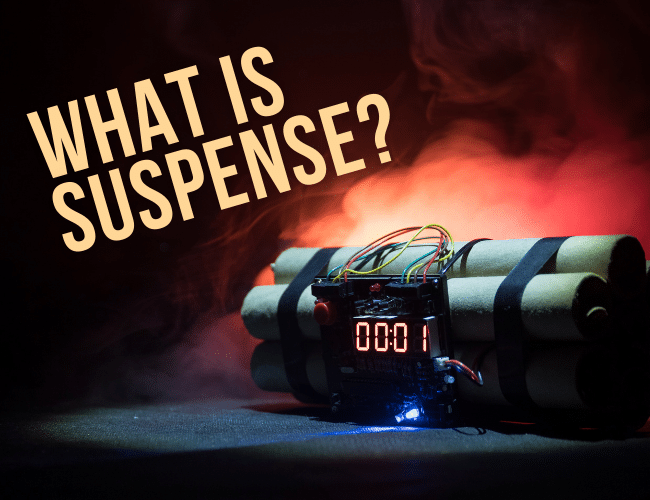

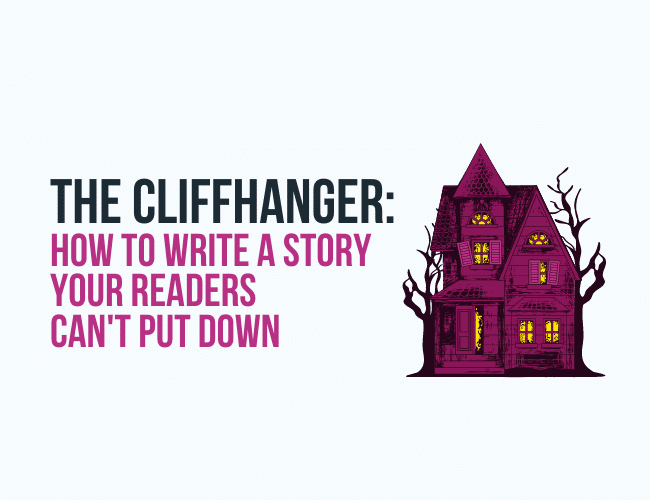
The Cliffhanger: How to Write a Story Your Readers Can’t Put Down
When you put your writing out there for others to read, what do you hope will happen? If you’re like most writers, you want readers to get pulled into your story and keep turning pages to the end. You want your story to be un-put-downable.
It’s no secret that the time-tested method of using cliffhangers at the end of your chapters or scenes is a sure-fire way to make that happen. But what a lot of writers don’t realize is that the cliffhanger ending is only half the equation.
The cliffhanger is the hook that makes the reader turn the page, but if you don’t have a solid line supporting them across the gap and a sinker that pulls them deep into the next scene or chapter, your fish is likely to wriggle off and swim away.
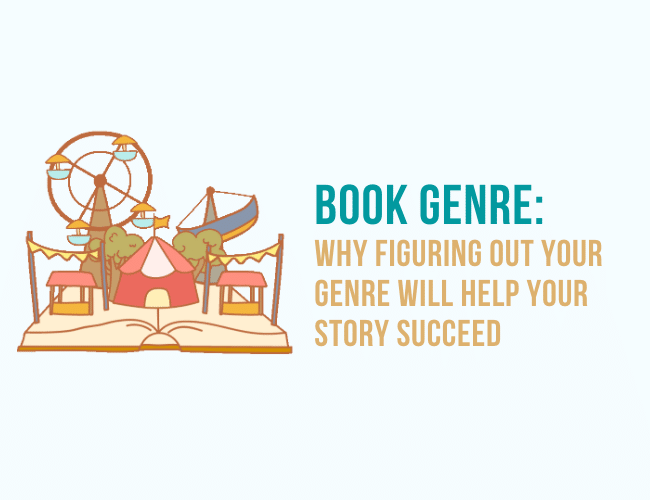
Book Genre: Why Figuring Out Your Genre Will Help Your Story Succeed
You’ve worked long and hard on that book, and it’s finally finished! Now what?
It’s time to identify your book genre (if you haven’t already) so you can better place and market your story.
Understanding genre is one of the most important details you need to market and identify your book. Here are some key ideas needed to figure it out.
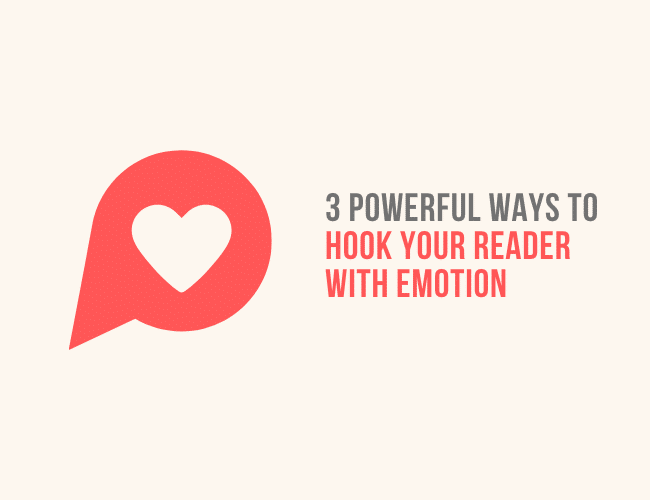
3 Powerful Ways to Hook Your Reader With Emotion
In college, I majored in communication, and the first thing I learned is that communication is a two-way street—it needs a sender and a receiver. As writers, we are senders, and our readers are receivers. But what are we communicating?
Stories, at their core, are a medium for communicating many things, but chief among them is emotion. That means one of the best ways to hook your reader is through emotion.
In this post, you will learn how to hook your reader with emotion, how people experience emotion through reading and three tips to cultivate that emotion through your writing. Then, we’ll end with a creative writing exercise you can use to apply these lessons right away.
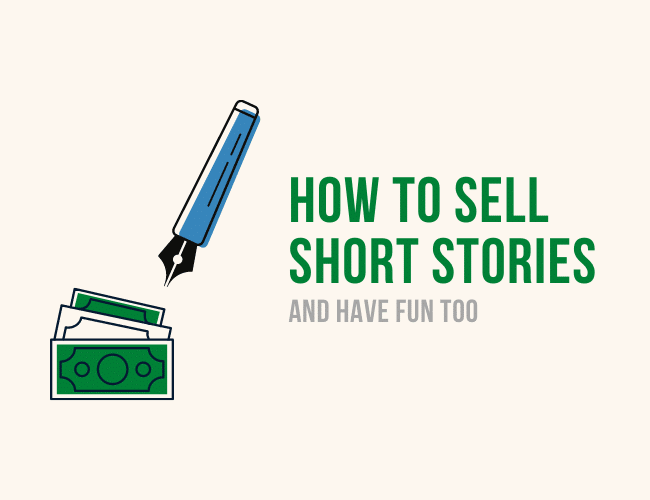
How to Sell Short Stories for Money and Have More Fun Doing It
Writing is communication. It requires a giver and a receiver. A writer and a reader. While there’s a lot to be said for the value of private writing—diary and journal-keeping, therapeutic ventings on paper, and the like—writing, at its heart, is meant to be shared.
So you write, and then you send it forth.


